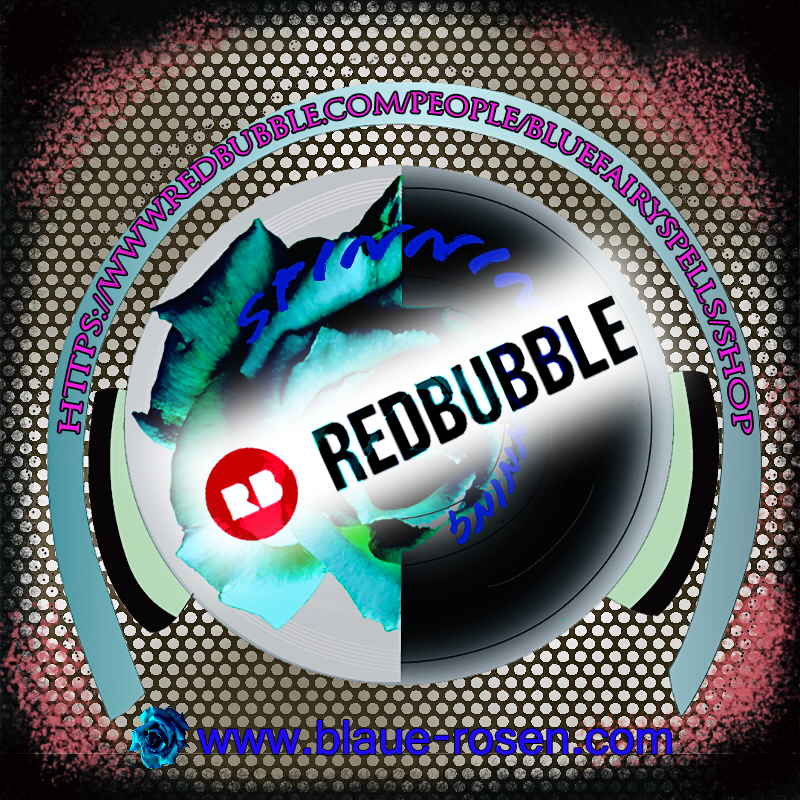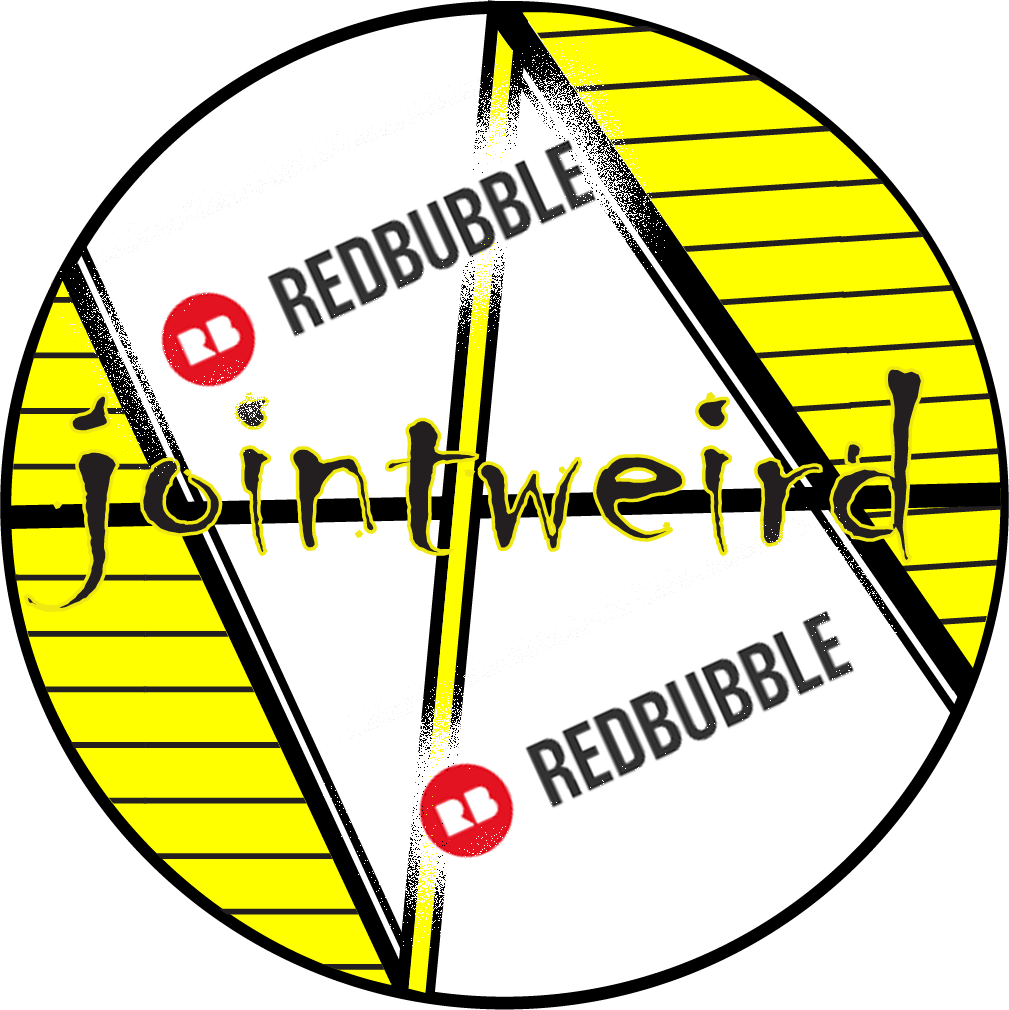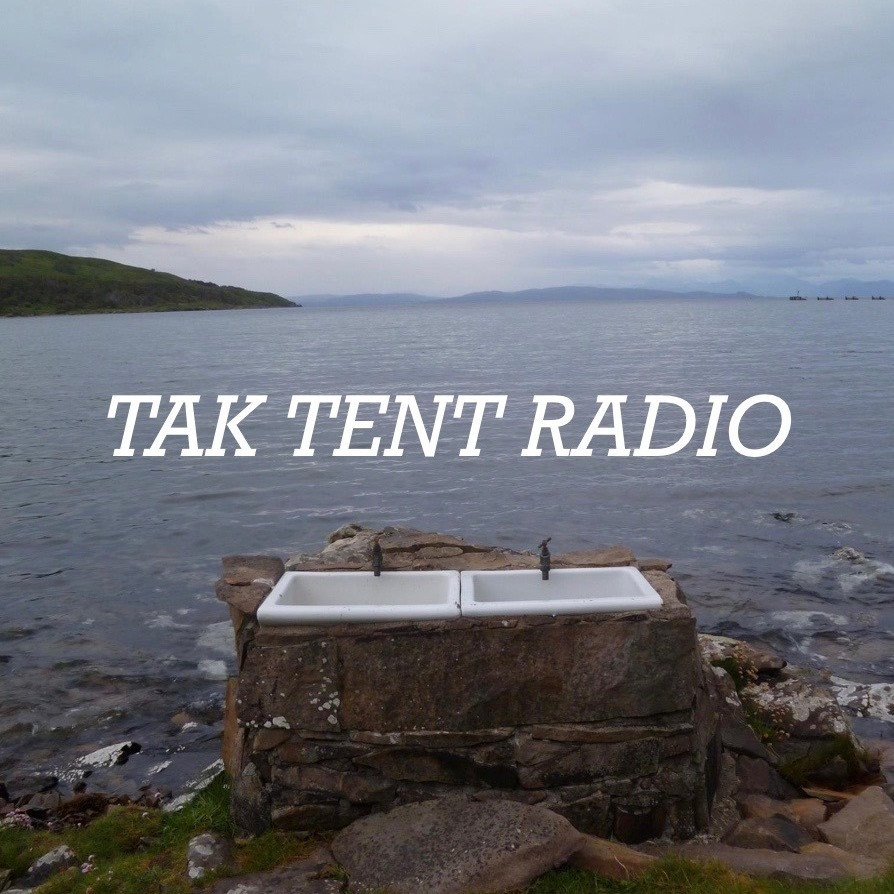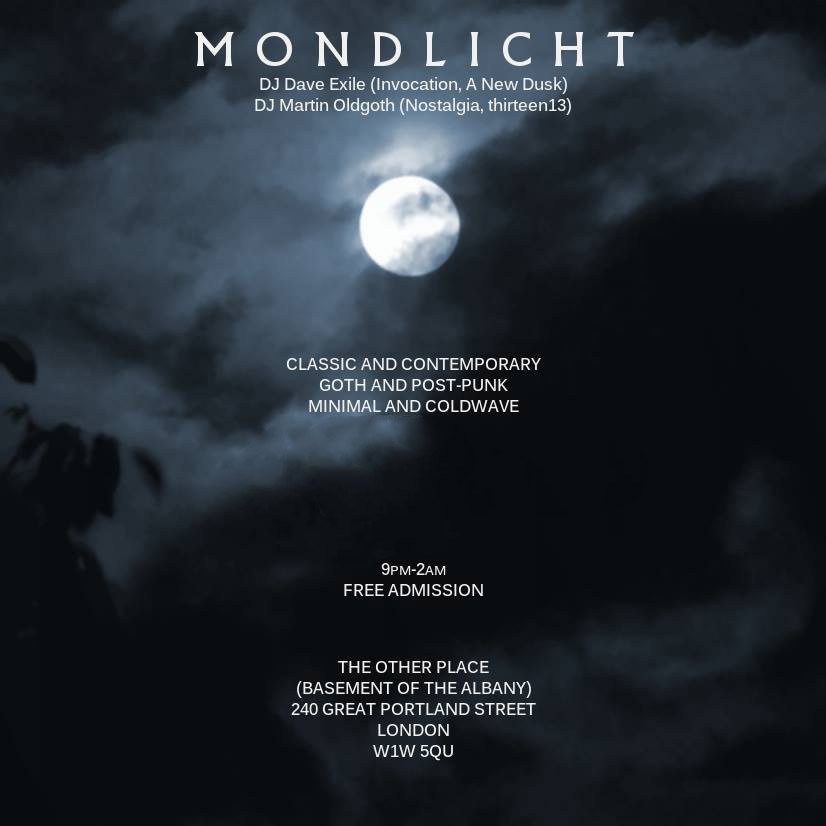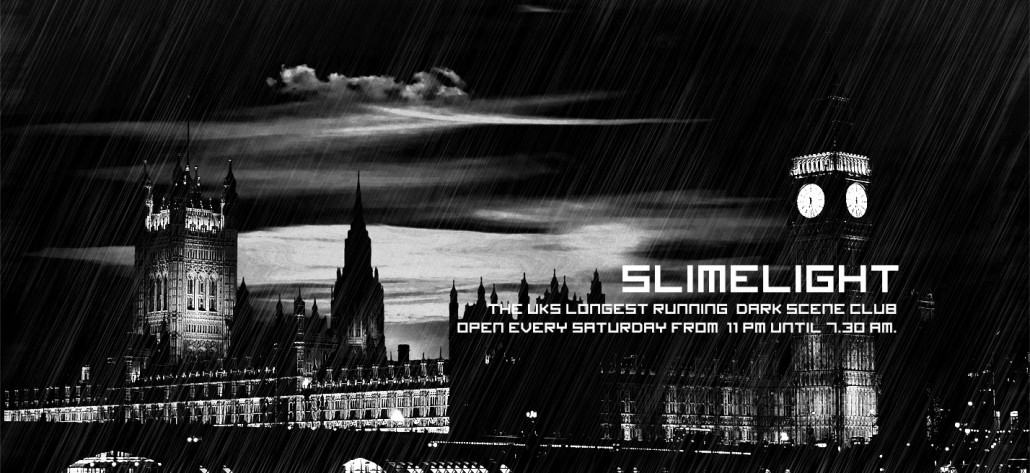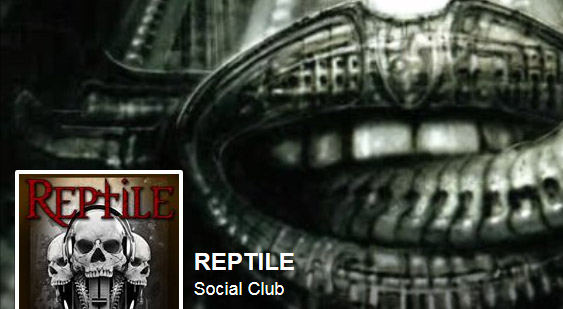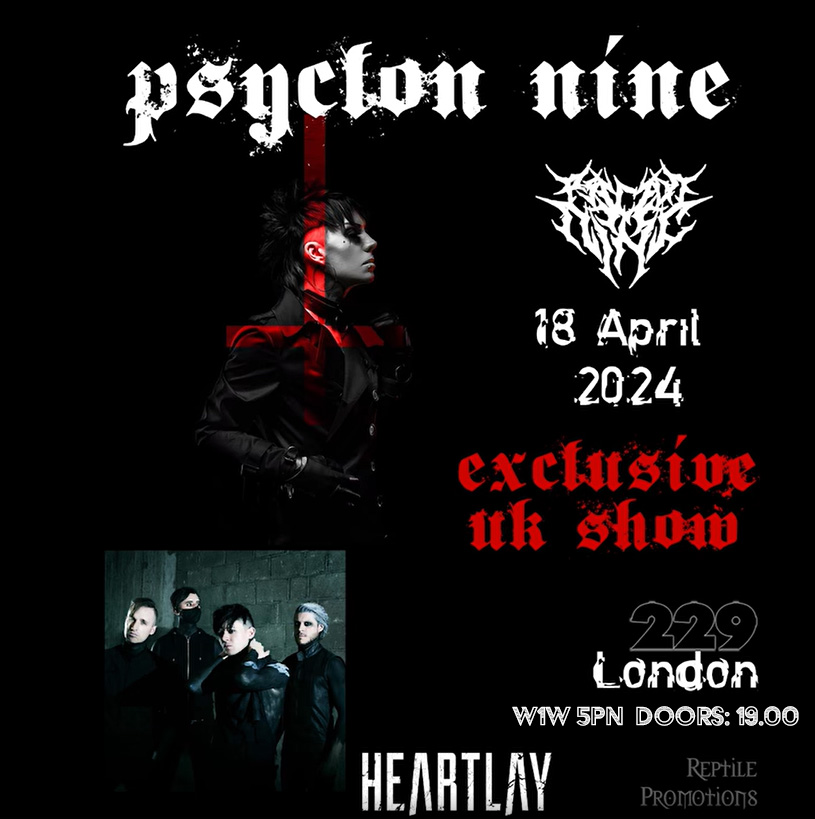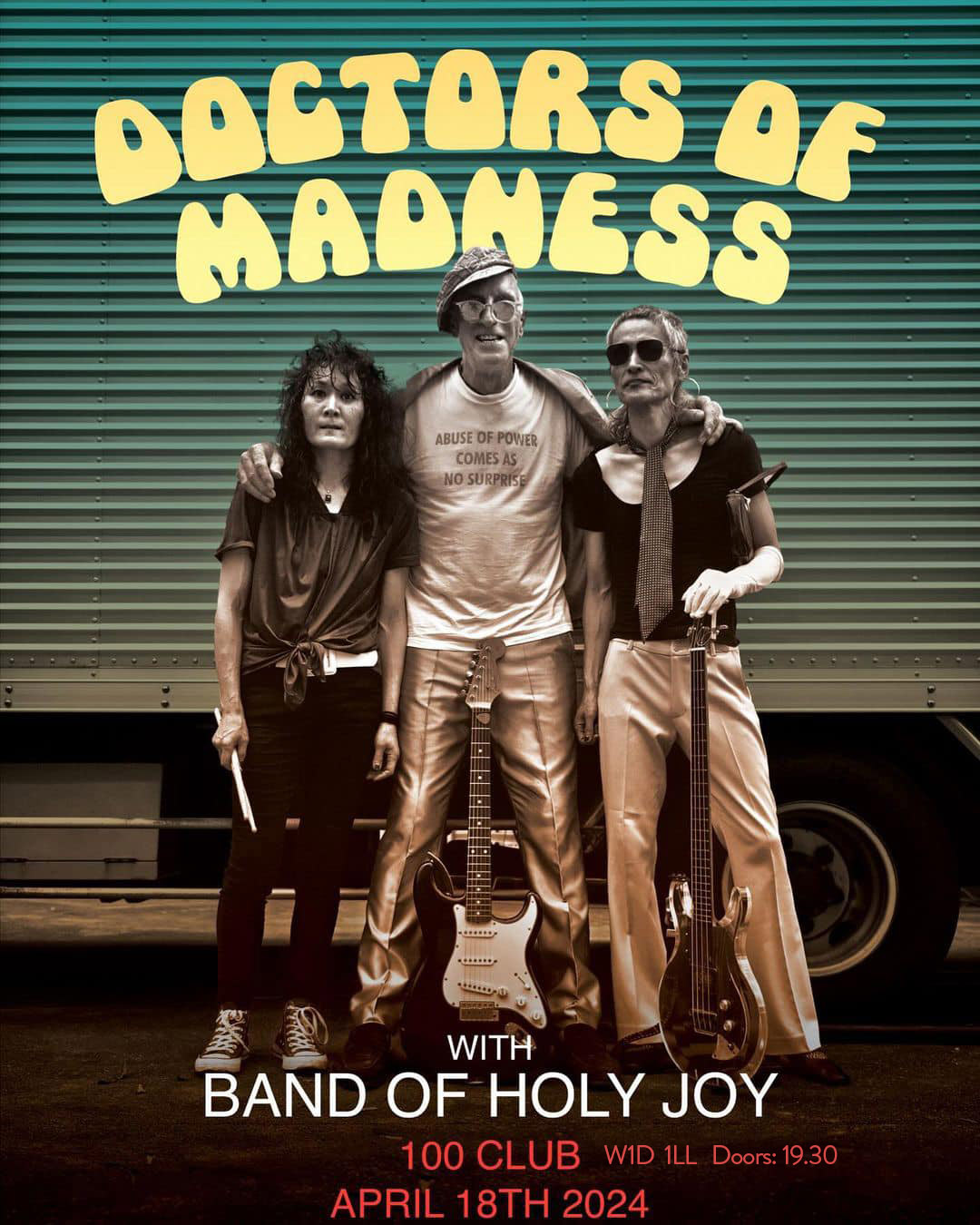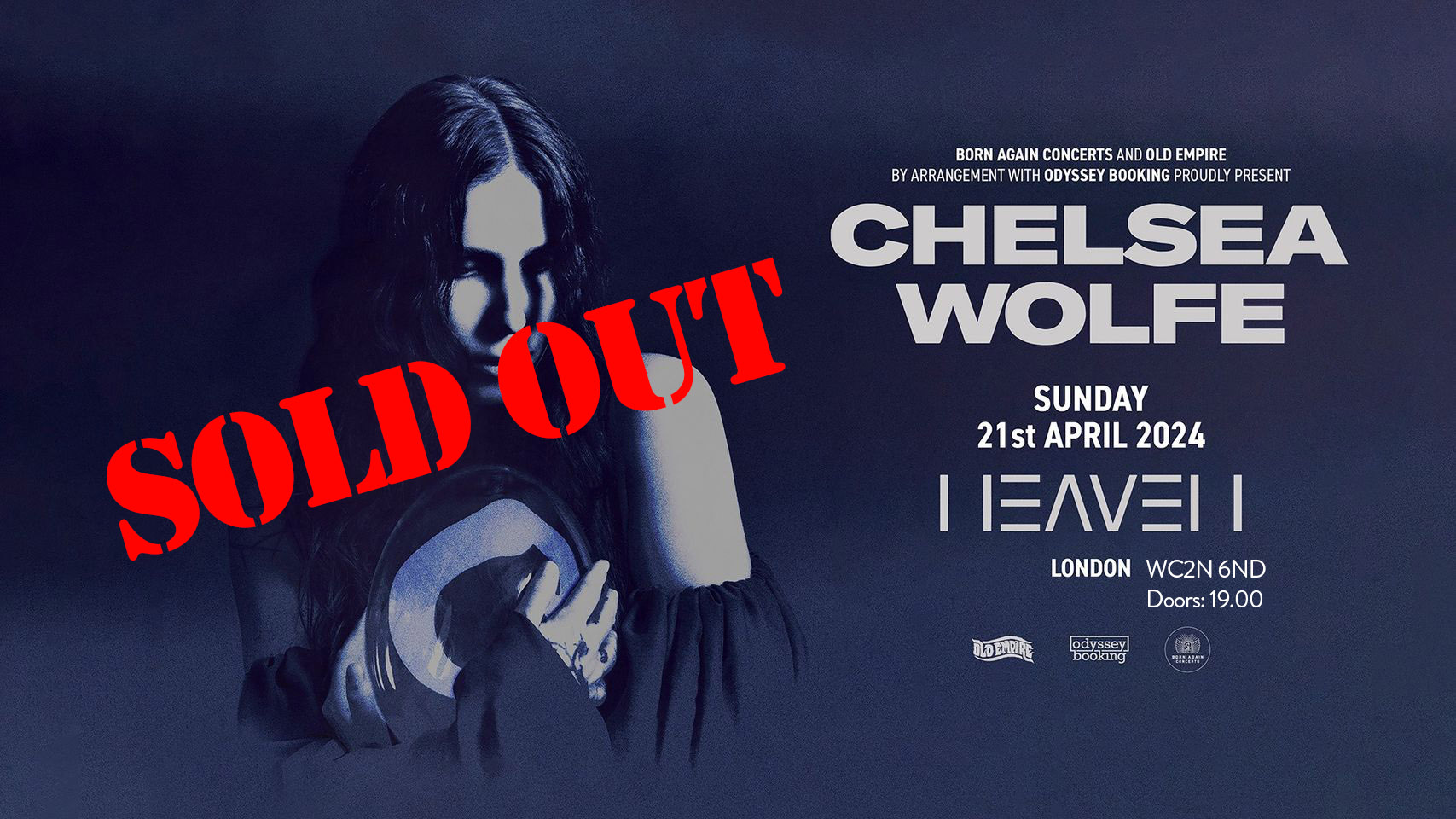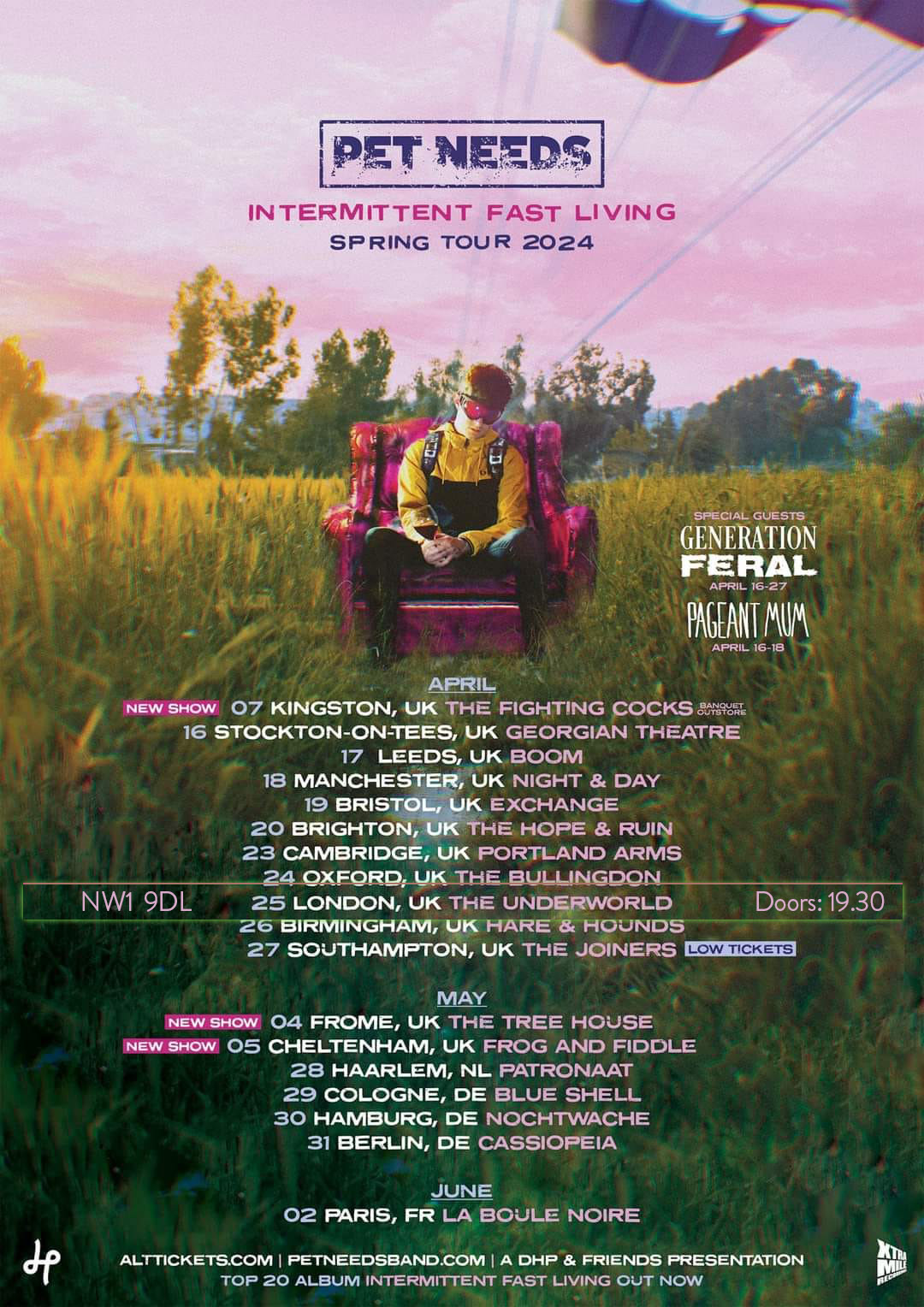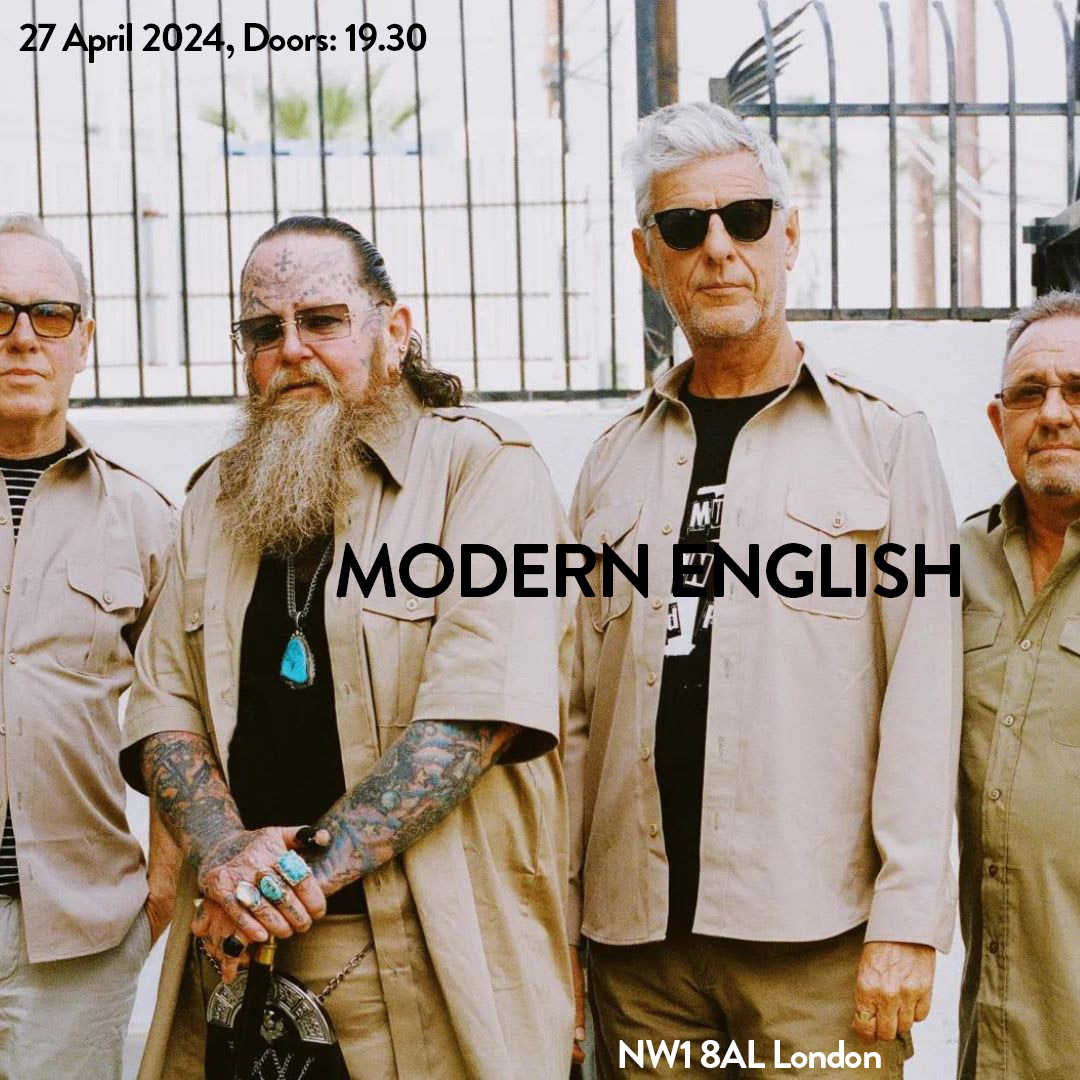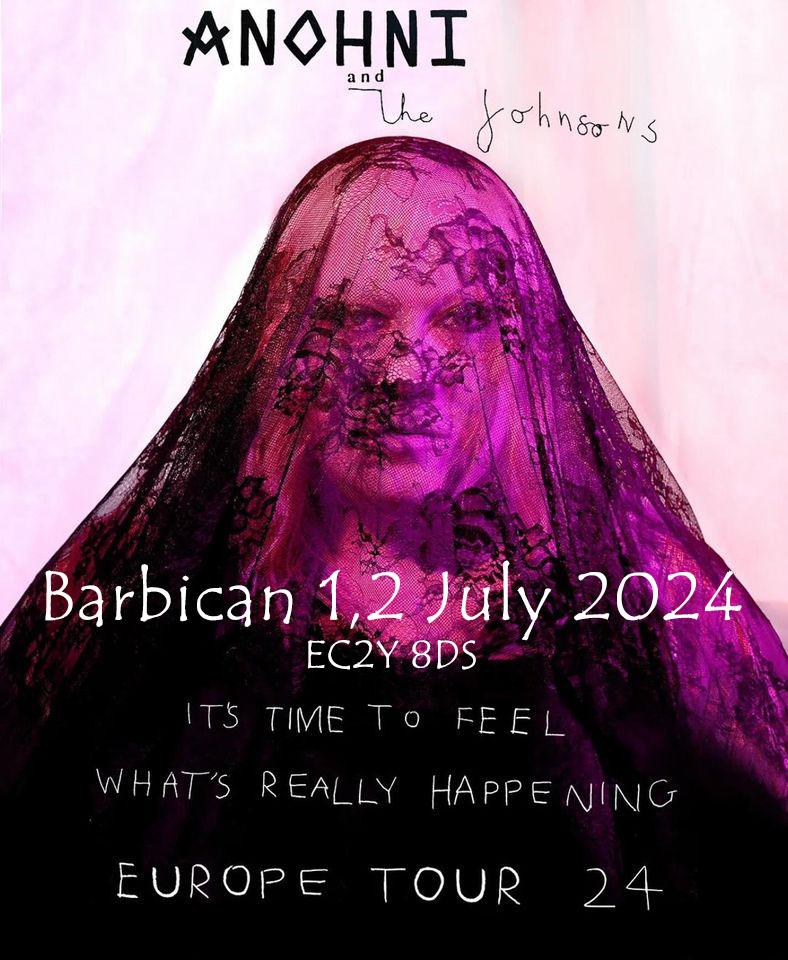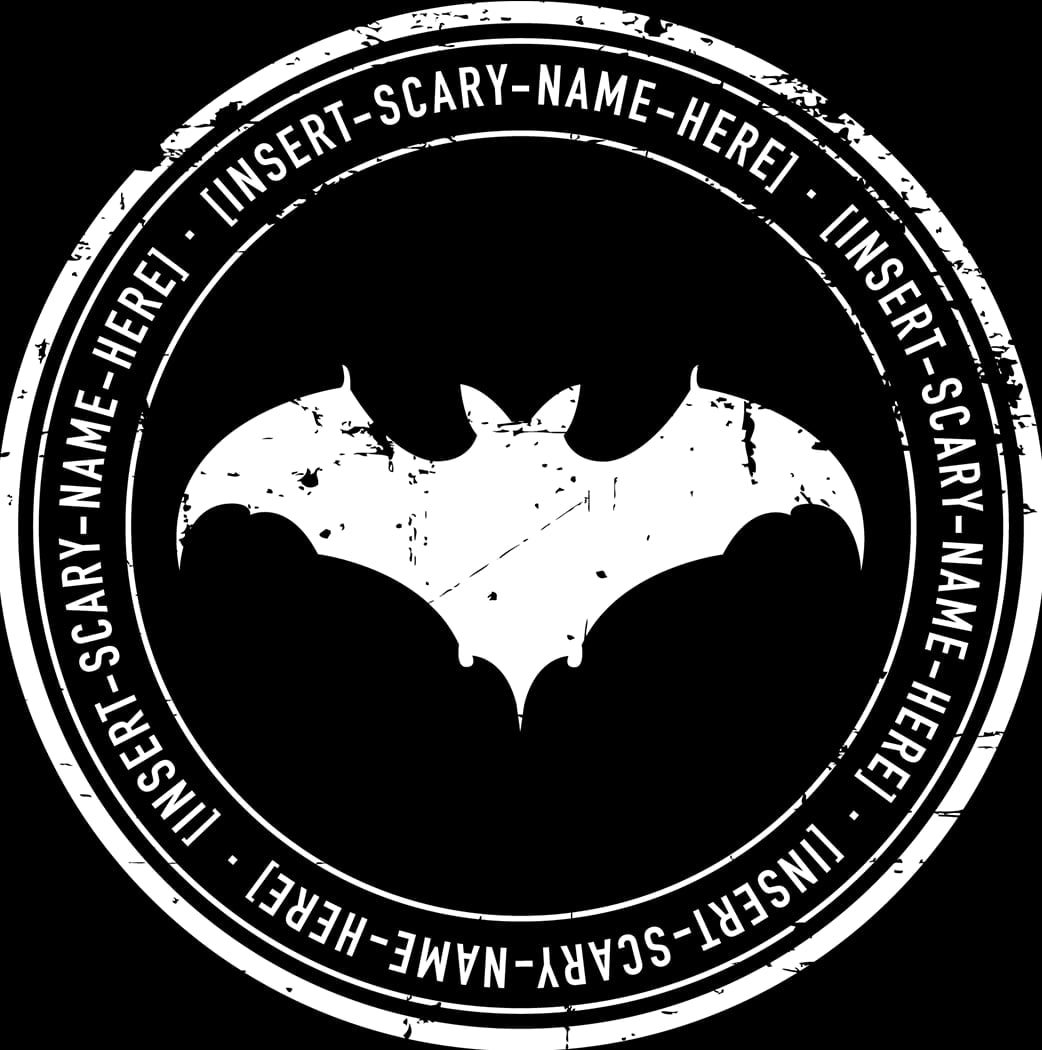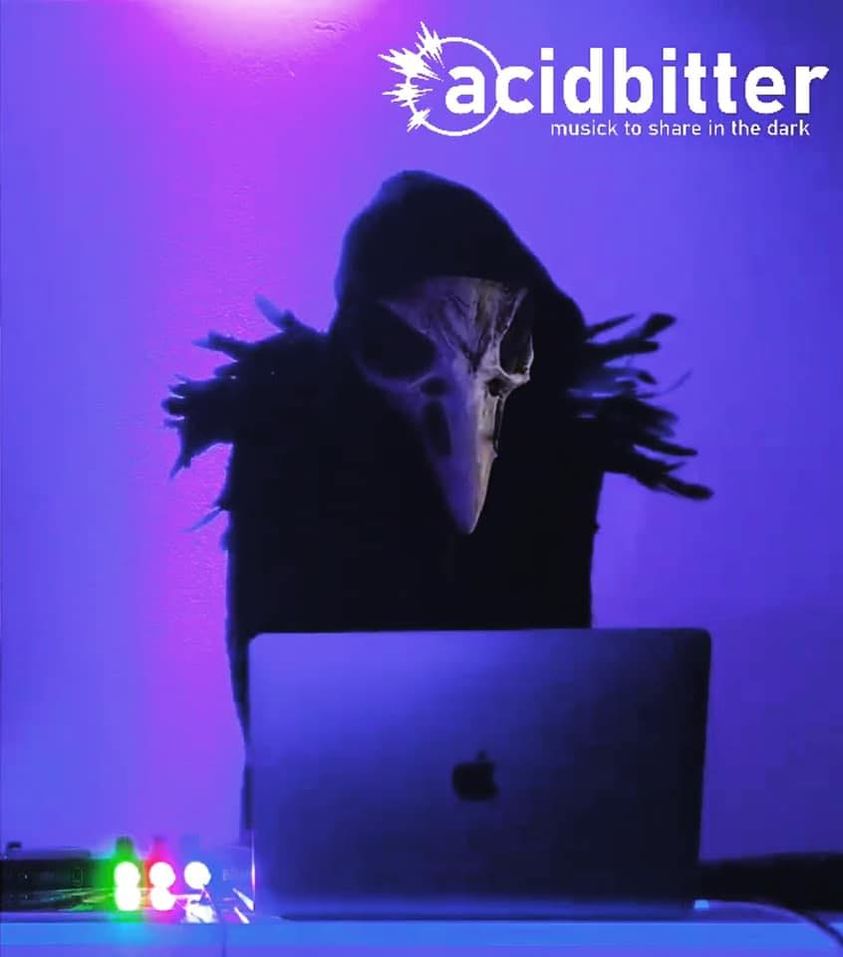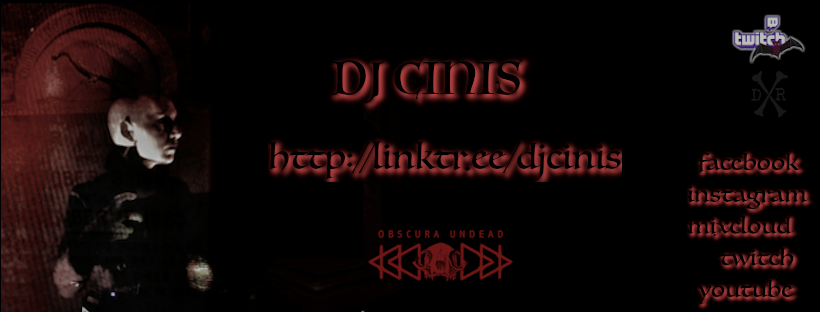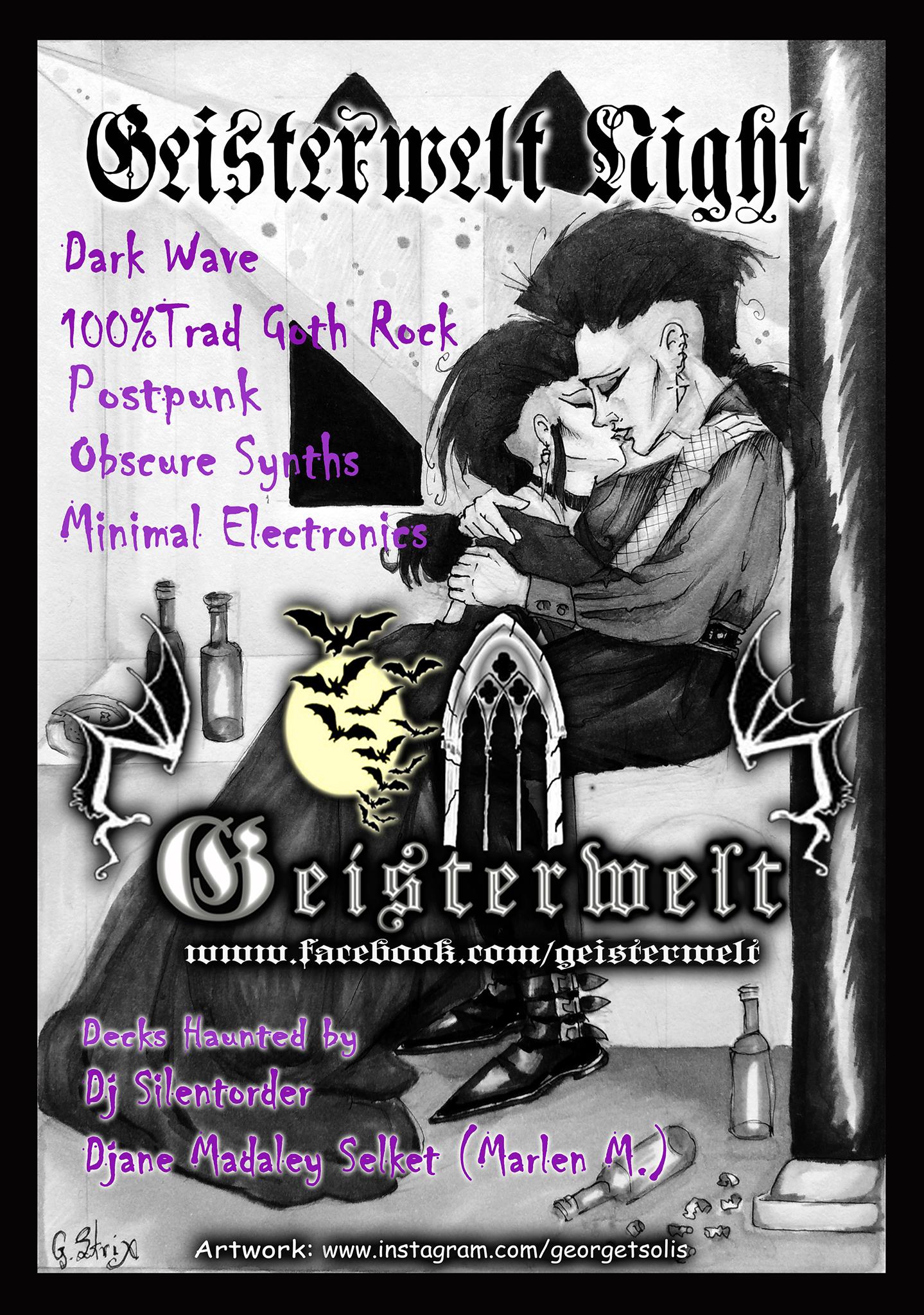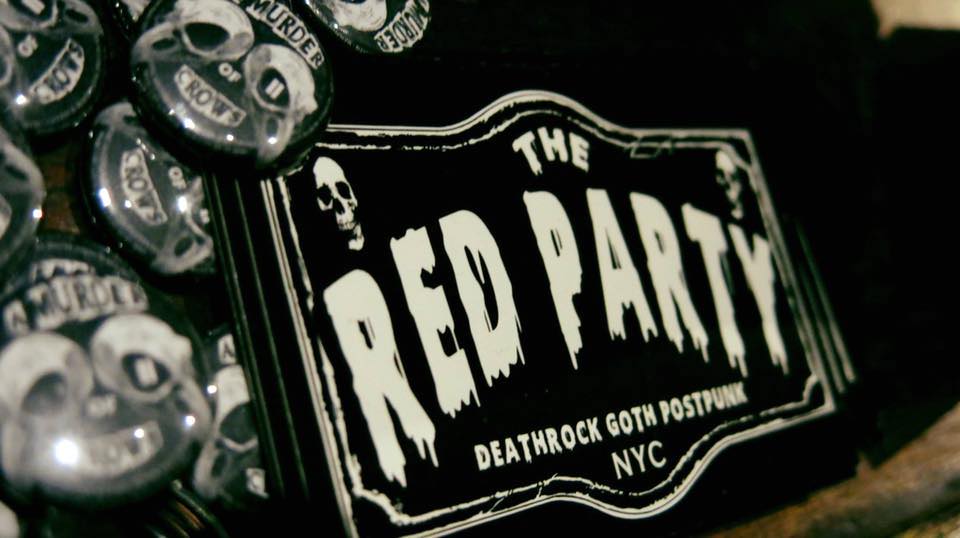Dark Door a.k.a Mario D’Aniello and Federica Velenia, is a band that was formed in Naples and a band that you should know about, because their music is beautiful and their performances are emotionally and visually very strong! They have self-released 4 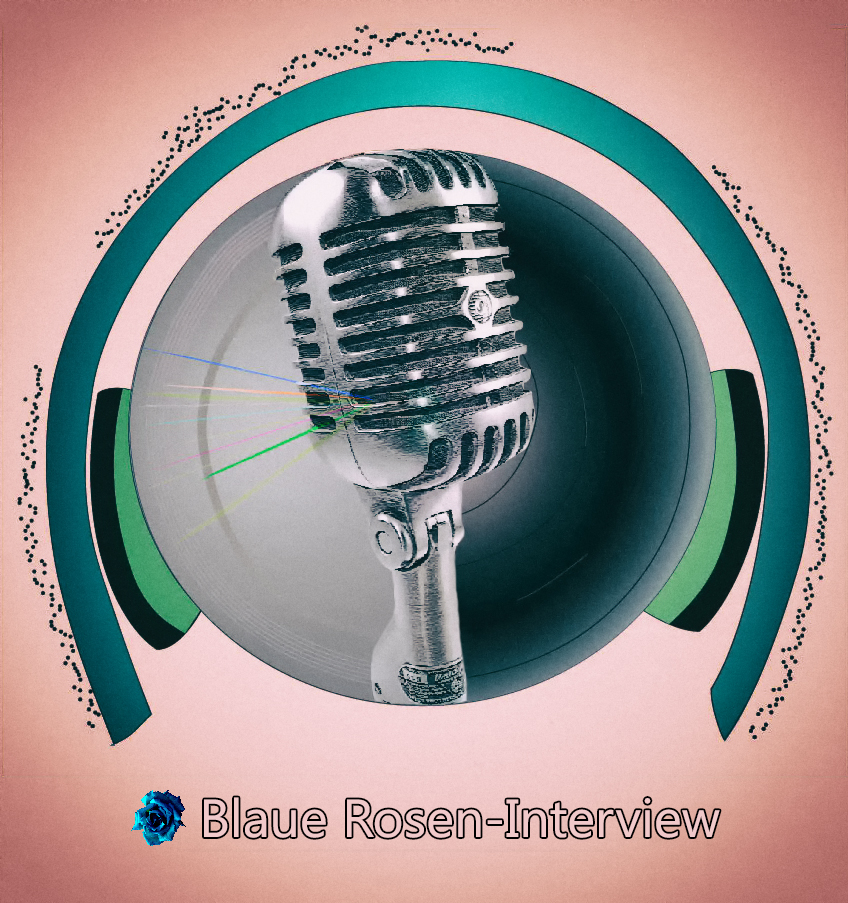 albums so far, whose music is more an outlet of their feelings than a desire to create music of a certain style.Inspired by the damned poets, darkness in aesthetics and the darkness in the world, Dark Door give to these elements an attractive musical and visual form. We had the great chance to see them perform live as part of a special Dead&Buried event last month, which was carried out in a suitable venue which does not pose any health and safety risks to an audience and can accommodate the sound requirements for a gig.Everyone had a lot of fun during that gig, everyone was dancing all the time and Blaue Rosen loved this band so much, that we had to talk with them about their influences, the symbolism in their visuals and their sources of inspiration.
albums so far, whose music is more an outlet of their feelings than a desire to create music of a certain style.Inspired by the damned poets, darkness in aesthetics and the darkness in the world, Dark Door give to these elements an attractive musical and visual form. We had the great chance to see them perform live as part of a special Dead&Buried event last month, which was carried out in a suitable venue which does not pose any health and safety risks to an audience and can accommodate the sound requirements for a gig.Everyone had a lot of fun during that gig, everyone was dancing all the time and Blaue Rosen loved this band so much, that we had to talk with them about their influences, the symbolism in their visuals and their sources of inspiration.
Blauerosen: Hi guys,
Thank you for joining me in this interview. Congratulations for the fantastic show you offered during the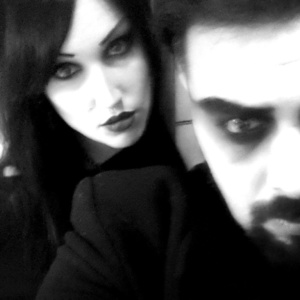 latest ‘Dead &Buried’ event, it was one of the best gigs I have attended this year. First of all your band is named Dark Door. Where would this ‘door’ lead us if we were to ‘open’ it? Is there any connection with the dark door symbol in Tolkien’s novels? Is this name influenced by the occult symbolism of dark doors?
latest ‘Dead &Buried’ event, it was one of the best gigs I have attended this year. First of all your band is named Dark Door. Where would this ‘door’ lead us if we were to ‘open’ it? Is there any connection with the dark door symbol in Tolkien’s novels? Is this name influenced by the occult symbolism of dark doors?
DD:Yes, this name derives from Tolkien. The choice is due to love for the horror world, but it also expresses the imperfection of the earthly world, there are so many dark doors to be discovered. By opening these dark doors, the human being can discover the truth.
Blauerosen: Dark Door was formed in Naples. What sparked the creation of the band? Are you still based there? Has the city inspired your music or the lyrics in any way?
DD: The band was created thanks to Naples. Yes, the band is still here. This city is magical, mystical, but deeply difficult. Naples taught me how to suffer. For this reason our texts are absolutely full of such suffering.
Blauerosen: Mario, you have a fantastic voice, really unique in its own right. Did you have a classical training?
DD: Thank you so much! My passion for classical music has obviously influenced me. Anyway, I couldn’t sing in other ways.
Blauerosen: Dark Door have a very powerful stage appearance. You usually don’t include any videos in your shows but a red neon cross. 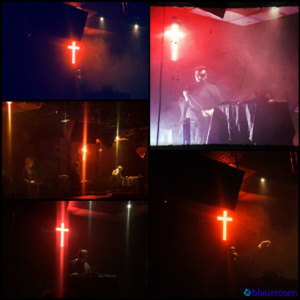 This seems to be both a menacing symbol and a ‘guide’. What is the significance of this for you?
This seems to be both a menacing symbol and a ‘guide’. What is the significance of this for you?
DD: The cross is the symbol for this new album “Inferno” (Hell in English). It represents all the hypocrisy hidden behind religions, behind the dogmas. All of this is Hell
Blauerosen: The lyrics of the songs are all very poetic and rich in meaning and energy. You use powerful words and some songs, are almost aphorisms, which is not a style that we have encountered very often. Aphorisms have been used in poetry a lot, as well as in religious texts. How did you choose this style?
DD: I love poetry and philosophy, it is a deeply romantic art form, profoundly magical. Pascoli, Nietzsche and Hikmet have profoundly influenced me during all these years.
Blauerosen: In the album ‘Post Mortem‘the song ‘Je Souffre‘ is a tribute to Paul Verlaine. What inspired you in his writing?
DD: I discovered Paul Verlaine almost by accident. It was love at first reading! I felt his deep discomfort very close to me.
Blauerosen: Mario, I have read that you have edited an image by Joel Peter Witkin for the cover of ‘Post Mortem‘. His imagery could be 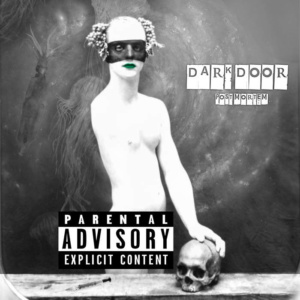 considered nihilistic as well as surrealist. What inspired you from his work?
considered nihilistic as well as surrealist. What inspired you from his work?
DD: The image was perfect at that moment for the profound nihilism I wanted to express with “Post Mortem”. The whole album is enclosed in that one image!
Blauerosen: While your first albums seemed to have more gothic rock influences in the rhythms and their style, your latest album ‘Inferno‘ has punk and even Neue Deutsche Welle influences in the synth rhythms. Which other music styles have influenced your sound?
DD: I’m honest, we did not have any of these influences you mentioned. The album was born spontaneously, it expresses so much anger, so much disappointment. We needed to put all this in an album!
Blauerosen: Some of the songs (i.e. ‘Cancellato‘ and ‘Caos‘) also seem to be tapping into matters that have affected the world lately, namely financial authoritarianism and religious fundamentalism. Does this mean that the world has managed to be finally dark and inspiring enough for art?
DD: No, simply a world in this way is an absolutely wrong world. We are primitive.
Blauerosen: ‘Il caos è sinonimo di democrazia non di Anarchia…’ is the last verse of the song ‘Caos’ with which you also ended your performance at Dead&Buried. This phrase would make Emma Goldman very happy, I guess. In the video clip of ‘Caos’ which starts with scenes from a nightclub, there is also footage from the riots in Athens, which are layered with different symbols. What made you choose footage from these events in particular?
DD: “Chaos” is the most direct song, a song of denunciation. All those images are the mirror of today’s society. An important revolution would be to combat everything the society proposes. Anarchy is not destruction. True destruction is false democracy.
Blauerosen: For the video clips of ‘Abracadabra‘ and ‘Ombre‘ you have chosen extracts from the movies ‘Child Molester-How To Catch A Predator in 1960s’ and ‘Lord of The Flies’. The plots of these movies seem to have few similarities with the lyrics of the songs. Specifically, ‘Child Molester’ was a movie that shocked audiences in the 1960s despite the fact that it was used in order to stress the importance of talking with children. Could you share with us why you chose these particular movies?
DD: I imagined “Abracadabra” as if a child could have the strength to change difficult times with the use of a single word. It is a dreamer song, dreams are like children, but the dreams break very often.
“Ombre” talks about the discomfort that we live in the collective madness that surrounds us, I found “Lord of the flies” perfect for my song.
Blauerosen: I wanted to ask you about your song ‘Cancellato’. Its video clip is, as always, extremely powerful and symbolic aesthetically. The lyrics of this song seem to be about a perceived emptiness and hypocricy in religious faith. What inspired you to write these lyrics?
DD: My inspiration came from what you mentioned. It is also a social denunciation, the hypocrisy of the religious world, the false myths, wrong dogmas. For those who understand all this, there can only be empty, only anger.
“Si rimpiangono inutili burattini,
Si proclamano idoli mediatici,
con la forza annulliamo la nostra vita, con le fantasie crediamo alle ombre…” (lyrics from ‘Cancellato’)
Blauerosen: Judging by the video clips of the latest album and also by your stage appearance you both seem to have very distinct roles to 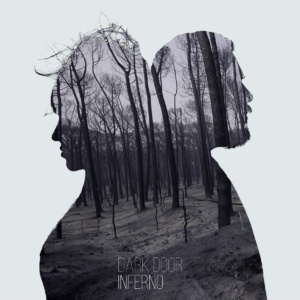 play in conveying different meanings than what the lyrics suggest. While Federica appears to be a very gothic presence, that brings to mind the dark energies of certain figures in ancient Greek tragedies, Mario’s less Doric and ‘silent’ presence is the one that communicates in an undisputed way, notions of fight, assertion and vindication. Would you agree with that and did you have any intention of embodying such different dynamics? Which would you say, are your aesthetic references?
play in conveying different meanings than what the lyrics suggest. While Federica appears to be a very gothic presence, that brings to mind the dark energies of certain figures in ancient Greek tragedies, Mario’s less Doric and ‘silent’ presence is the one that communicates in an undisputed way, notions of fight, assertion and vindication. Would you agree with that and did you have any intention of embodying such different dynamics? Which would you say, are your aesthetic references?
DD: In the video I played two very distinct figures, the hypocritical power of those who command us and the suffering of those forced to live in a taxed society. The song interprets these two aspects. Federica interprets the spiritual aspect of the song, that omnipresent dark force, both for good and for bad.
Blauerosen: Thank you for taking the time to answer these questions.
*Contribution/Translation of lyrics from Italian: Cristina Silvestri
